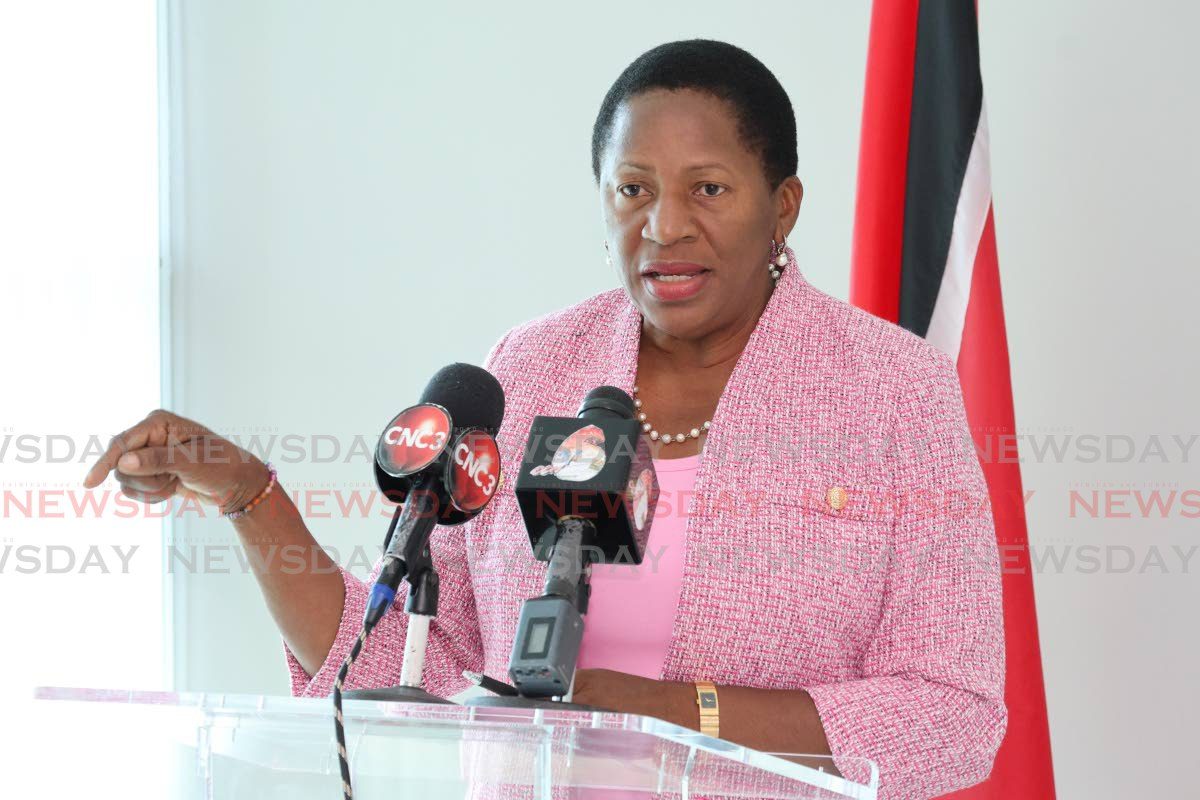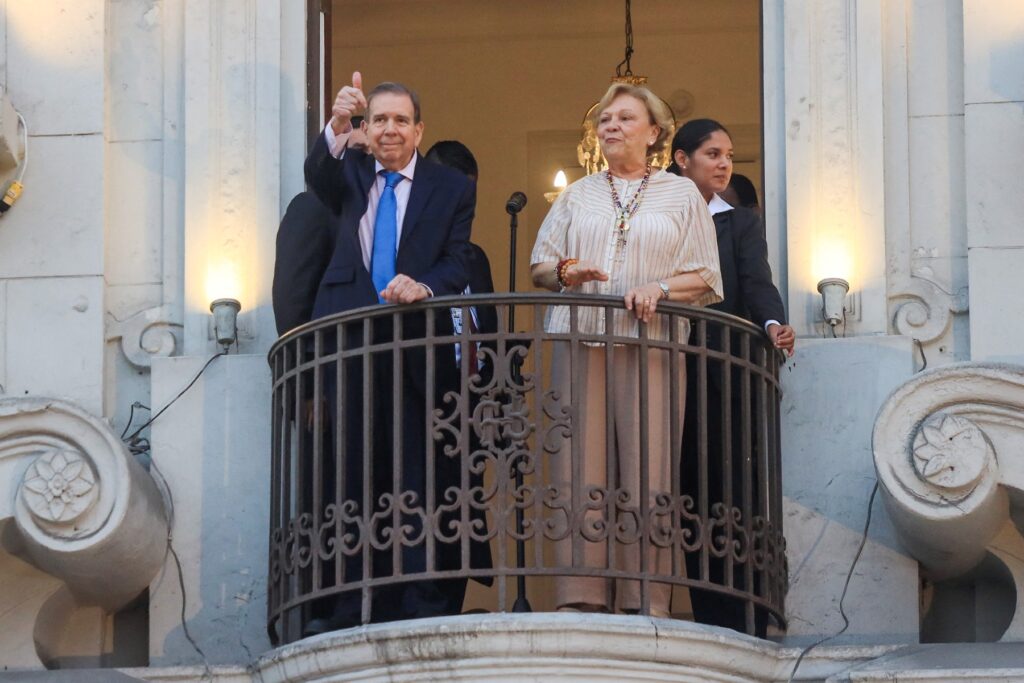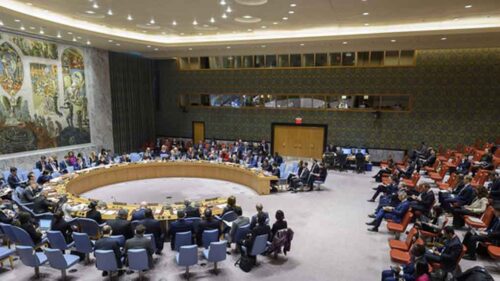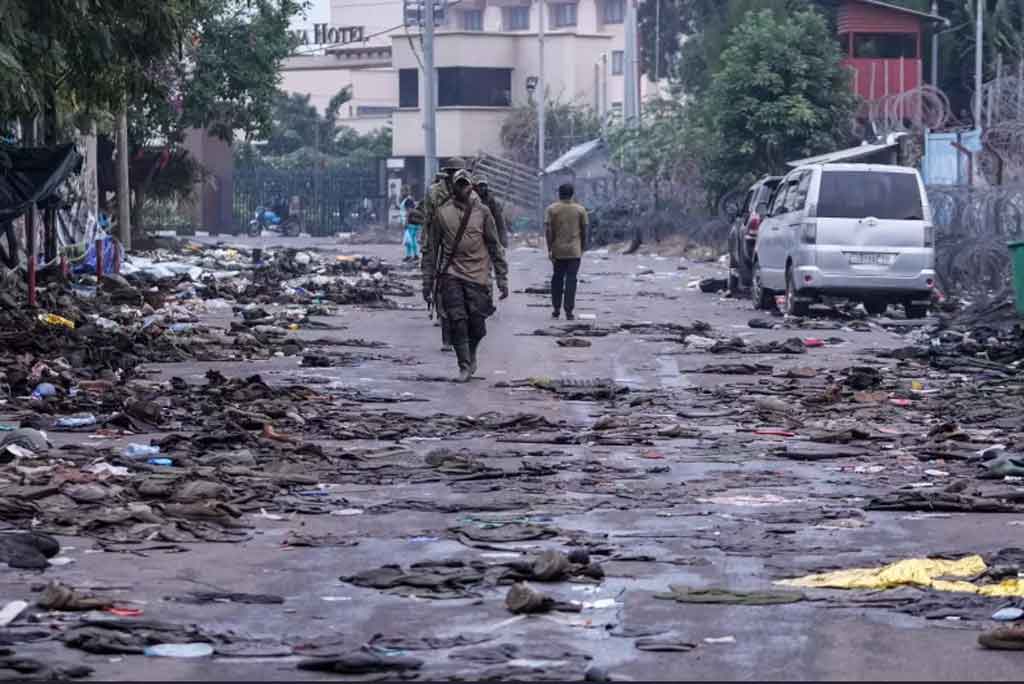In a scathing critique of the current administration, Opposition Leader Pennelope Beckles has vehemently condemned the government’s sweeping increases to civil registry fees and customs charges that took effect January 1st. Beckles characterized the measures as “reckless, desperate, and insulting” to the citizens of Trinidad and Tobago, marking a significant escalation in political tensions.
The revised fee structure, gazetted on Christmas Day, introduces substantially higher costs for essential services. Late birth registration (between three months and one year) now costs $40, while registrations for children over one year require written authority and carry fees of $100-$150. Corrections to birth registers now incur a $30 charge, while certified copies of birth or death certificates range from $25 to $50.
Beckles specifically highlighted the irony of taxing citizens at moments of birth and death while questioning the government’s failure to deliver on campaign promises, particularly the previously pledged “baby grant.” She asserted that “this is a government that has chosen to attack citizens” rather than implement sustainable economic policies.
The opposition leader’s criticism extends beyond civil registry fees to encompass doubled customs declaration fees (from $40 to $80 per package) and significantly increased container examination charges. Traffic penalties have also seen dramatic increases, with fines for speeding, seatbelt violations, and uninsured driving all doubling.
Beckles warned that these measures represent poor fiscal management and government overreach that will disproportionately affect small and medium enterprises (SMEs) and households already facing financial strain. She argued that increased customs charges would drive up business costs, slow commercial activity, and ultimately force consumers to bear higher prices for everyday goods.
The opposition leader challenged Prime Minister Kamla Persad-Bissessar and Finance Minister Dave Tancoo to publicly address what she termed “draconian and harsh measures,” suggesting the fee hikes indicate the administration’s failure to meet revenue projections from the 2025/26 budget.









